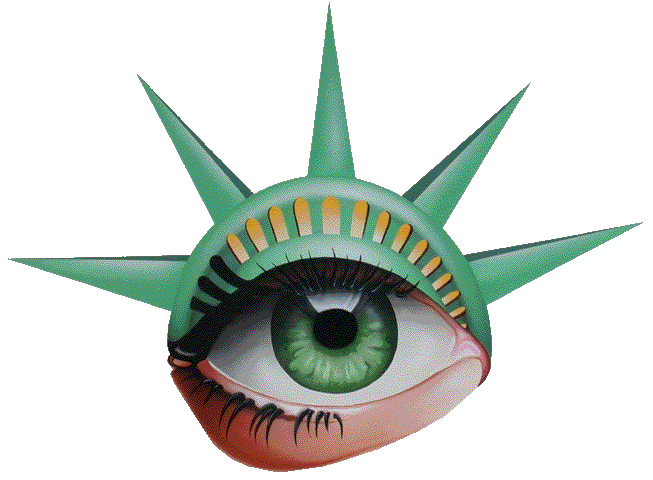After undergoing LASIK surgery, many patients revel in the newfound freedom it brings to their lives, often eliminating the need for corrective lenses. However, circumstances might arise where you wonder about the feasibility of wearing contact lenses post-LASIK. Whether due to residual refractive errors or for cosmetic reasons, the question warrants a detailed exploration.
Understanding LASIK and Its Outcomes
LASIK (Laser-Assisted In Situ Keratomileusis) is a form of refractive surgery designed to correct vision issues such as myopia (nearsightedness), hyperopia (farsightedness), and astigmatism. By reshaping the cornea, LASIK improves the eye’s ability to focus, often leading to reduced dependence on glasses or contact lenses.
Despite the high success rates of LASIK, as highlighted in resources like Liberty Laser Eye Center’s overview on LASIK success rates, perfect vision isn’t guaranteed for everyone. Some patients may still experience slight visual disturbances or minor refractive errors post-surgery.
Can You Wear Contacts After LASIK?
Yes, wearing contact lenses after LASIK is possible, but it comes with specific considerations. The need for contacts post-LASIK can arise for a few reasons, including insufficient correction, regression of the eye’s refractive state, or for purposes like cosmetic enhancements.
Table: Considerations for Wearing Contacts After LASIK
| Consideration | Detail |
|---|---|
| Type of Contacts | Soft lenses are generally recommended over hard lenses due to the altered shape of the cornea. |
| Fitting | Post-LASIK corneas have a unique shape, requiring a specialized fitting by an experienced optometrist. |
| Healing Period | A sufficient healing period (usually several months) is necessary before attempting to wear contacts. |
| Reason for Use | Contacts may be used for correction of residual errors or for cosmetic reasons (e.g., colored lenses). |
| Frequency of Use | Occasional use is preferable to daily wear to minimize potential irritation or complications. |
Understanding these considerations is crucial before making the decision to wear contact lenses after undergoing LASIK surgery.
Frequently Asked Questions
Can wearing contacts after LASIK cause complications?
The risk of complications from wearing contact lenses after LASIK is low, especially if proper precautions are taken. It’s essential to wait until your eye doctor confirms that your eyes have healed adequately before attempting to wear contacts. This patience ensures that the risk of irritation, infection, or affecting the healing process is minimized.
How long should I wait before wearing contacts after LASIK?
The waiting period can vary significantly from one individual to another, depending on the healing process and specific circumstances of the surgery. Most eye care professionals recommend waiting at least several months post-LASIK before considering contact lenses. This interval allows the eyes to stabilize and heal properly.
Are there specific types of contacts recommended after LASIK?
Yes, typically, soft lenses are recommended for patients who have undergone LASIK. Soft lenses tend to be more comfortable and fit better on the reshaped cornea than rigid gas-permeable (RGP) lenses. However, in some cases of irregular astigmatism post-LASIK, RGP lenses or hybrid lenses might be suggested by an eye care specialist for better visual acuity.
What if I need contacts for a refractive error after LASIK?
In cases where LASIK does not fully correct a refractive error, or if there’s a regression of vision, contact lenses can offer an additional level of correction. An eye care professional can provide a thorough examination and fitting, considering the unique shape of your post-LASIK cornea, to ensure the best possible vision correction with contact lenses.
Conclusion
While LASIK surgery aims to reduce or eliminate the need for corrective lenses, the possibility of wearing contact lenses post-procedure remains for various reasons. Whether for slight adjustments in vision, cosmetic purposes, or specific visual needs, it’s essential to approach this option with careful consideration and professional guidance. Ensuring a proper fit and allowing adequate healing time are paramount to maintaining eye health and achieving optimal vision.
For individuals contemplating LASIK or exploring options for vision correction post-LASIK, resources like Liberty Laser Eye Center provide invaluable insights and expertise. With advancements in technology and personalized care, achieving clear vision and understanding the role of contact lenses post-LASIK is more accessible than ever.
Should you have further questions or need expert advice on LASIK surgery and post-operative care, including the use of contact lenses, consider reaching out to professionals who specialize in this field. Their experience and knowledge can guide you towards making informed decisions about your eye health and vision correction needs.


